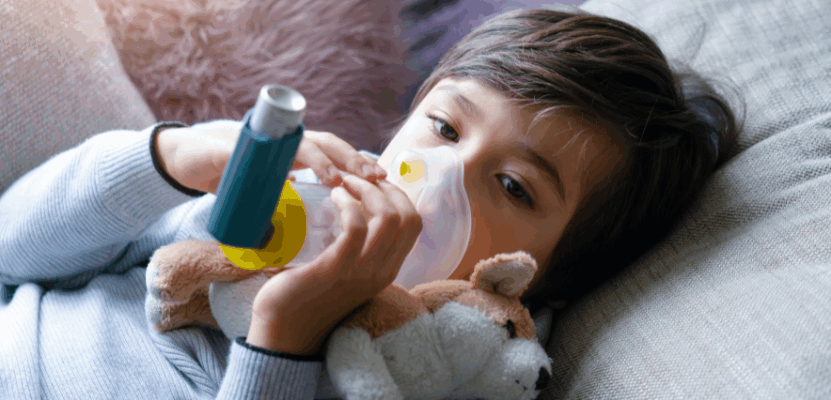
As children head back to school this month, doctors and nurses across the East of England see the same worrying pattern: a sharp rise in asthma attacks.
Asthma is one of the most common long-term conditions in childhood, yet sadly, every month in England a child loses their life to asthma. The good news is that many of these attacks – and even deaths – can be prevented with the right care.
That’s why the NHS ran its #AskAboutAsthma campaign last week (8 to 12 September). The message was simple: with a few small steps, families, schools and communities can make a big difference to how children live with asthma.
Here are four things that really help:
1. Have a written asthma action plan.
This is like a roadmap for your child’s asthma. It explains which medicines to take every day, what to do if symptoms start to worsen, and when to get urgent help. Children with a plan are much less likely to end up in hospital. If your child doesn’t have one, ask your GP or an asthma nurse
2. Make sure inhalers are used correctly.
Asthma medicines only work if they reach the lungs. Many children – and adults – accidentally use their inhalers the wrong way, which means the medicine doesn’t do its job. This can be helped by using a spacer – a mouthpiece device which holds the medicine ready for it to be inhaled to the lungs. If you’re unsure, ask your pharmacist, nurse or doctor to show you or visit the NHS website.
3. Keep up with regular reviews.
An asthma check-up once a year, and after every attack, helps keep symptoms under control. It’s a chance to update the action plan and check whether your child’s medicines are still right for them.
4. Be mindful of air quality.
Everyday triggers such as damp, sprays, dust, or traffic pollution can make asthma worse. Simple steps like reducing household mould or avoiding strong cleaning products can help. In children under five, wheeze is often linked to viral infections, but poor air quality can still make symptoms worse.
Cigarette smoke is one of the biggest risks. Children exposed to it are far more likely to have frequent and severe asthma episodes, and those admitted to hospital with wheeze are three times more likely to return if a parent smokes. Even if smoking is limited to outdoors, some smoke particles can still be brought back inside. While vaping may carry less risk than cigarettes, its impact on children’s lungs is not fully known, so it’s best to avoid exposure altogether.
Asthma can be frightening, but with the right support most children live active, healthy lives. By working together – parents, carers, teachers, friends and health professionals – we can help children breathe more easily and stay out of hospital.
For more information, visit the NHS website or search #AskAboutAsthma. And if you support a child with asthma, the free Improving Asthma Care Together online training is a great way to learn how to help.